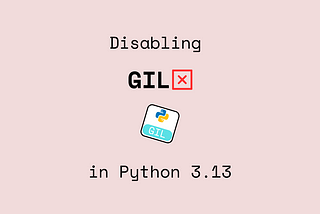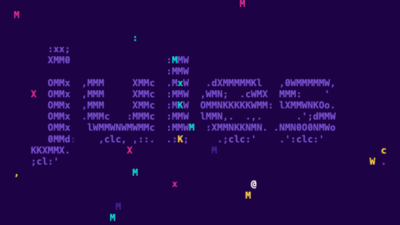Google Chrome's upcoming deprecation of Manifest V2 extensions represents a seismic shift in the browser ecosystem that will fundamentally change how users interact with the web. This transition, scheduled for completion next month, effectively signals the end of powerful ad-blocking extensions like uBlock Origin in their current form.
Understanding the Technical Shift
The move from Manifest V2 to V3 isn't merely a version upgrade—it's a philosophical change in how browser extensions operate. Manifest V2 allowed extensions unprecedented access to web requests and page content, enabling comprehensive ad blocking and privacy protection. V3 introduces significant limitations:
- Declarative Net Request API: Replaces the powerful webRequest API with a more restrictive rule-based system
- Service Workers: Replace background pages, limiting persistent operations
- Reduced Rule Capacity: Limits the number of filtering rules extensions can implement
The Developer Perspective
For web developers who have built custom extensions, this transition feels like a significant reduction in capabilities. The ability to dynamically modify network requests and page content has been a cornerstone of extension development, enabling everything from developer tools to privacy protection.
The power that V2 extensions wielded was indeed substantial—they could intercept, modify, or block any web request, fundamentally altering how users experienced the internet. This capability enabled not just ad blocking, but also:
- Privacy protection through tracker blocking
- Content modification for accessibility
- Development tools and debugging aids
- Custom user interface modifications
The Browser Migration Begins
The developer community's response has been swift and decisive. Many are migrating to alternative browsers that maintain support for powerful extensions:
Firefox: The Primary Alternative
Firefox continues to support Manifest V2 extensions and has no announced plans to deprecate them. This has made it the go-to choice for users who rely on comprehensive ad blocking. Firefox's developer tools have also matured significantly, offering a competitive alternative to Chrome's debugging capabilities.
Brave Browser: Built-in Solutions
Brave offers native ad blocking that doesn't rely on extensions, using the same filter lists as popular ad blockers. This approach bypasses the Manifest V3 limitations entirely.
Network-Level Solutions
Many developers are implementing network-level ad blocking through:
- Pi-hole: DNS-based ad blocking for entire networks
- VPN services: With built-in ad blocking capabilities
- Router-level filtering: Blocking ads at the network infrastructure level
The Broader Implications
This change reflects a fundamental tension between user agency and platform control. While Google frames Manifest V3 as improving security and performance, critics argue it primarily serves to protect advertising revenue.
The timing is particularly significant as concerns about digital privacy and data collection reach new heights. Users are becoming increasingly aware of the extensive tracking and data harvesting that occurs during normal web browsing.
Temporary Workarounds and Enterprise Solutions
For organizations and power users, there are temporary solutions:
- Group Policy Settings: Enterprise policies can extend Manifest V2 support until June 2025
- uBlock Origin Lite: A V3-compatible version with reduced functionality
- Alternative Chromium Browsers: Some may maintain V2 support longer than Chrome
Looking Forward: The Web We Choose
This transition forces us to confront fundamental questions about the web's future. Do we accept a more restricted browsing environment in exchange for claimed security benefits? Or do we migrate to platforms that preserve user control and choice?
The developer community's mass migration to Firefox and other alternatives suggests that many have already made their choice. This could mark a turning point in browser market share, potentially ending Chrome's dominance if enough users prioritize functionality over familiarity.
The web's evolution has always been shaped by the tension between openness and control. As we navigate this transition, the choices we make—both as developers and users—will determine whether the internet remains a platform for user empowerment or becomes increasingly controlled by platform gatekeepers.
The death of powerful extensions in Chrome isn't just about ad blocking—it's about the fundamental nature of user agency on the web. The question isn't whether you can live without uBlock Origin, but whether you're willing to accept a future where your browsing experience is dictated by corporate interests rather than personal choice.









